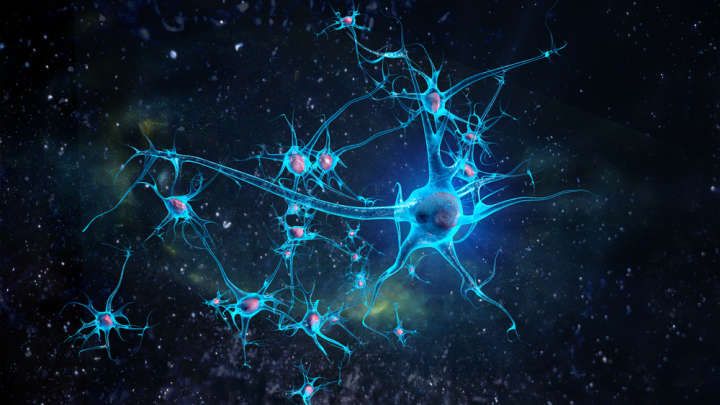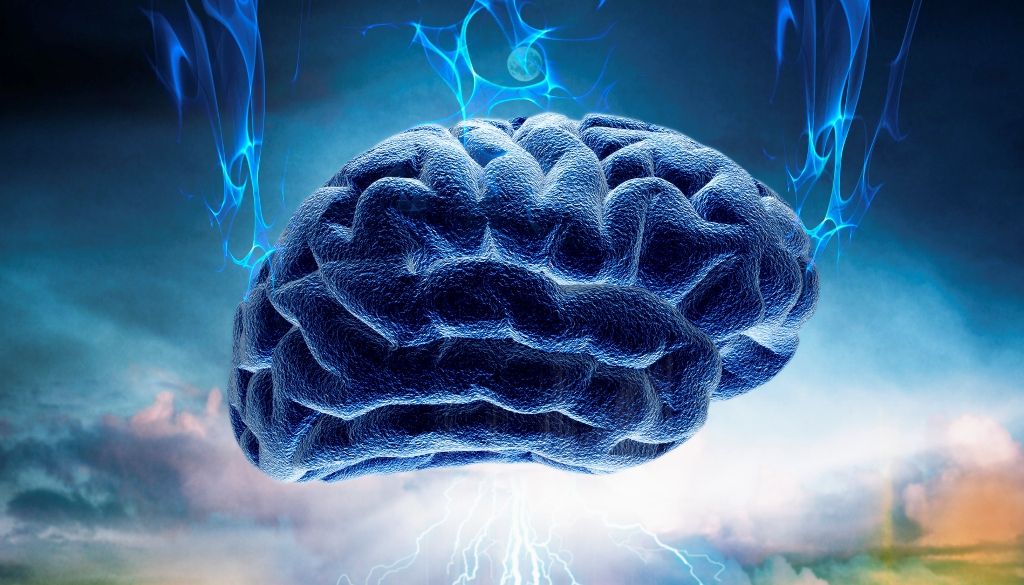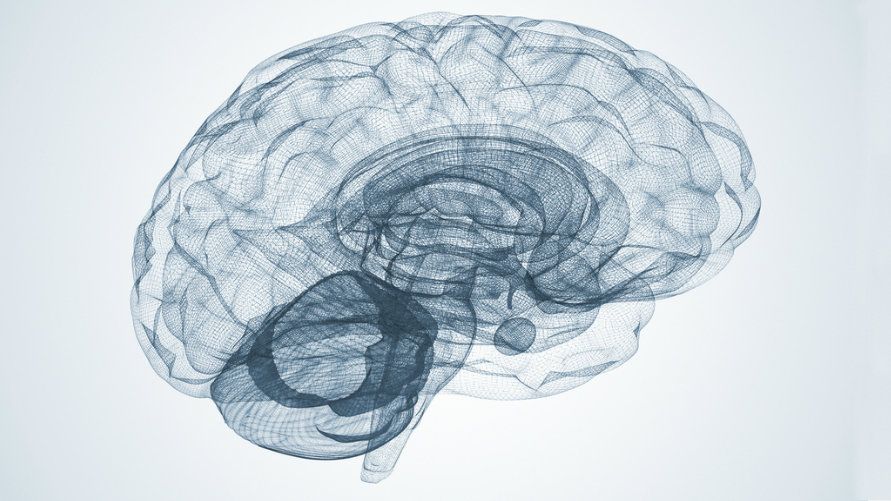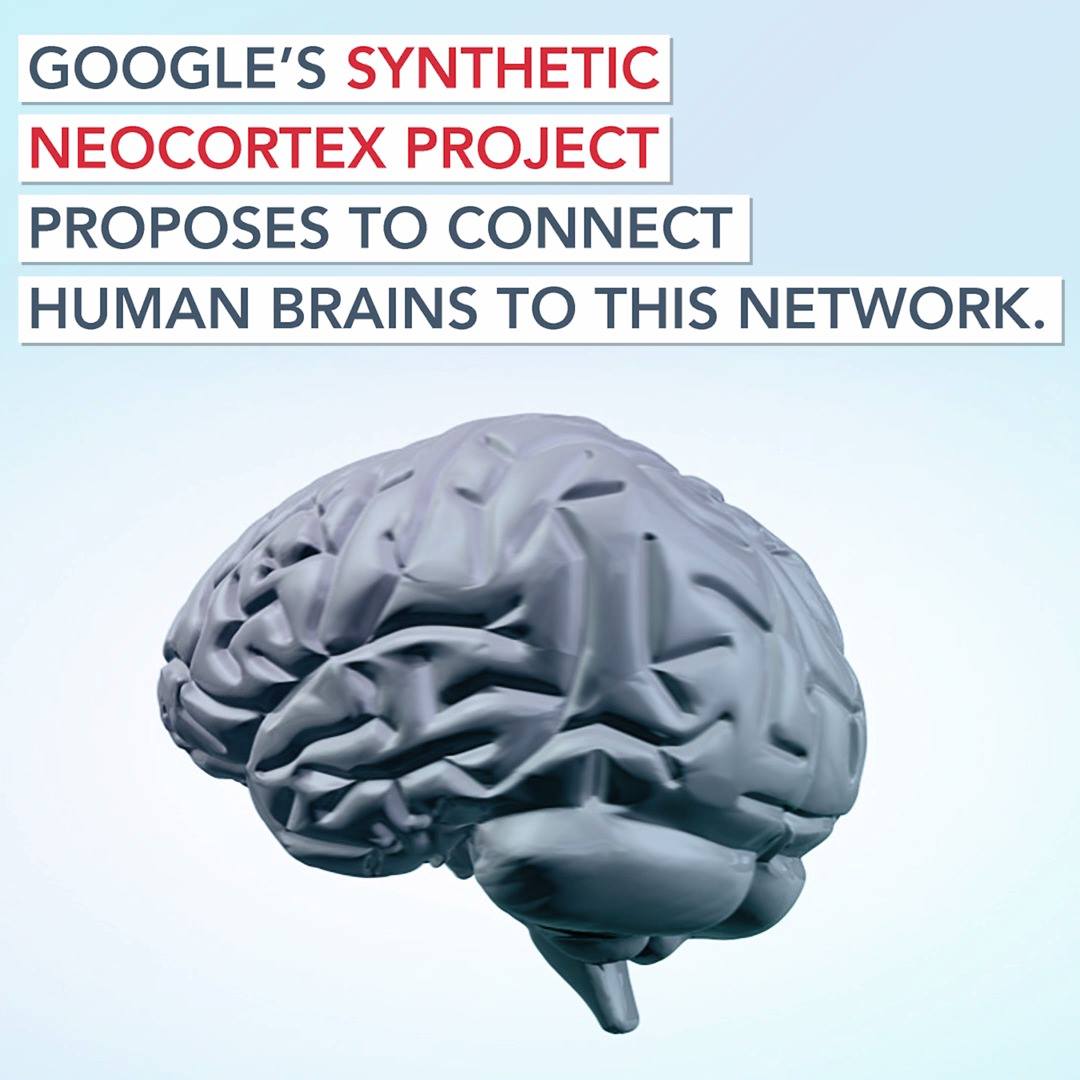
For many years, scientists believed that our brains were unable to produce new neurons once we had been born, and that we all had to make do with the brain cells we started life with. Later, it became clear that new brain cells are in fact created in some key brain regions, replacing those that become damaged and protecting us from dementia. Now, researchers have discovered that the stem cells giving rise to these neurons originate in the membranes encasing the brain, known as the meninges.
Publishing their findings in the journal Cell Stem Cell, the authors claim that their discovery of this source of stem cells could one day lead to new treatments for brain damage or neurodegenerative disorders.
Most neurogenesis in the adult brain occurs in a region called the hippocampus, where the creation of new brain cells ensures our memories remain in working order as we age. The meninges penetrate the brain at every level, encapsulating a number of different regions, including the hippocampus.
Continue reading “The Membranes Covering The Brain Are Loaded With Neuronal Stem Cells” »

















